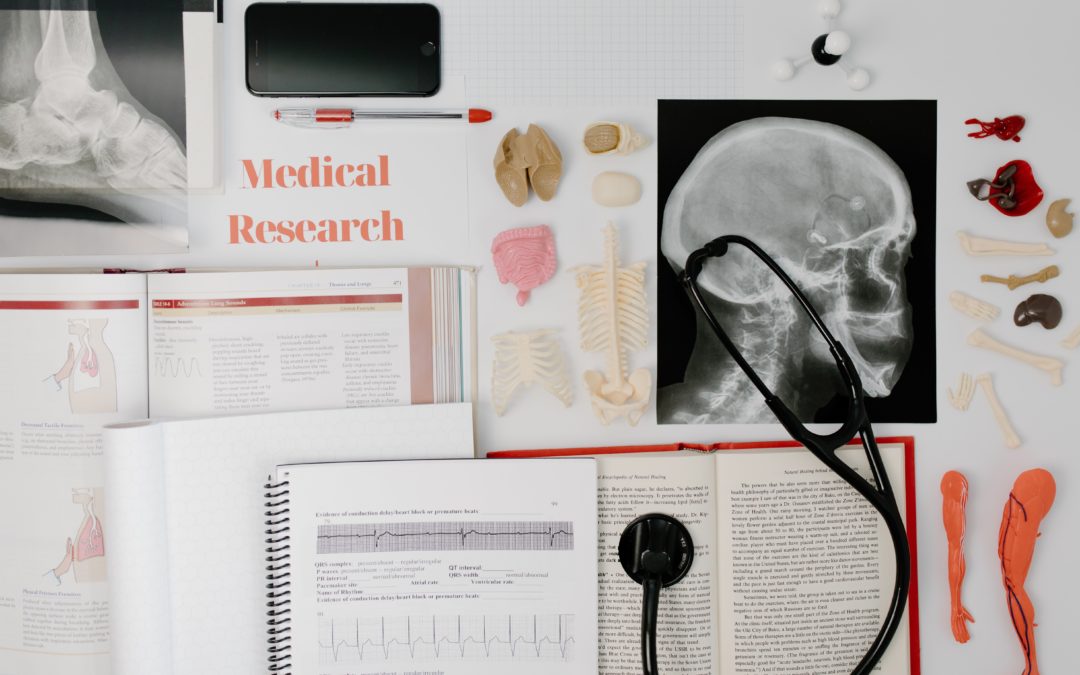5 essential steps for GDPR compliance in the health care industry

What is the GDPR?
The General Data Protection Regulation (GDPR) came into force on May 25, 2018, replacing the 1995 Data Protection Directive. It represents the most significant reform of data protection law in decades. The regulation reshaped how personal data is collected, processed, stored, and shared not only in the European Union but also globally, since it applies to any organisation processing the personal data of individuals located in the EU.
The aim of the GDPR is to harmonise data protection rules across Europe while strengthening individuals’ rights. Controllers and processors must adopt strong technical and organisational measures to guarantee data security and demonstrate accountability. The GDPR also grants individuals extensive rights, including access, rectification, erasure, portability, and the right to object.
For industries handling sensitive data such as health care, these obligations carry even more weight.
Why GDPR compliance matters for health care
Healthcare is one of the most data-intensive sectors. Hospitals, clinics, pharmaceutical companies, laboratories, and even wellness apps process huge volumes of personal data daily. Much of this data falls into the GDPR’s special categories of data, including health records, genetic information, and biometric identifiers.
Because of the sensitivity of this data, the GDPR requires organisations to establish a lawful basis for processing, which often involves obtaining explicit consent from patients. Beyond consent, organisations must also implement state-of-the-art security measures and ensure that any third party with access to the data complies with the same high standards.
Examples of GDPR compliance challenges in health care include:
- – Electronic Health Records (EHRs): Hospitals must ensure secure storage, encryption, and restricted access to patient files.
- – Telemedicine platforms: With the rise of online consultations, platforms must manage sensitive data across borders.
- – Health apps and wearables: Data collected by mobile apps and devices often qualifies as personal health data and therefore falls under GDPR obligations.
- – Clinical trials: Sponsors and investigators must reconcile GDPR obligations with the Clinical Trials Regulation, especially regarding informed consent, withdrawal, and secondary data use
GDPR compliance vs HIPAA in health care
US healthcare organisations are often familiar with the Health Insurance Portability and Accountability Act (HIPAA). Enacted in 1996, HIPAA focuses on safeguarding patient health information within the United States. While there are similarities between HIPAA and GDPR, especially around security and confidentiality, the two frameworks differ significantly.
Key differences include:
- – Scope: HIPAA applies only to covered entities and business associates in the US. The GDPR applies worldwide to any organisation processing the personal data of EU citizens.
- – Definition of personal data: GDPR adopts a much broader definition, covering not only health records but also identifiers such as IP addresses or device IDs when linked to individuals.
- – Consent: Under GDPR, explicit consent is required for most health data processing. HIPAA permits broader use and disclosure without patient consent.
- – Breach notification: HIPAA allows up to 60 days for breach notification. GDPR requires it “without undue delay” and no later than 72 hours.
- – Retention and minimisation: GDPR enforces strict limits on data retention and obliges organisations to collect only what is strictly necessary.
This means that HIPAA compliance does not equal GDPR compliance. Non-EU organisations must meet stricter consent requirements, tighter data breach notification rules, and stricter retention obligations.
5 essential steps for non-EU health care organisations
1. Appoint a GDPR EU Representative required under Article 27.
This representative acts as the contact point with EU data subjects and authorities, and maintains records of processing activities.
2. Establish a Lawful Basis for Processing
Healthcare organisations must identify a clear legal basis for processing health data, often explicit consent, or other bases such as medical treatment or public health reasons.
3. Implement Robust Security Safeguards:
Apply encryption, pseudonymisation, authentication, and strict access controls. Contracts with processors must include GDPR-compliant clauses.
4. Prepare for Data Subject Rights Requests:
Patients can request access, rectification, erasure, portability, and more. Non-EU organisations must handle these requests promptly.
5. Ensure Compliance During Clinical Trials:
Sponsors must balance regulatory requirements with participants’ rights, including informed consent, withdrawal, lawful transfers, and secondary data use.
The risks of non-compliance
Non-compliance with GDPR can lead to fines of up to €20 million or 4% of global turnover. Reputational damage in healthcare can be just as severe, undermining patient trust and jeopardising partnerships or clinical trials.
Conclusion
GDPR compliance in the health care industry is complex but achievable. By following the five steps outlined above, organisations can reduce risk, build trust, and unlock opportunities in the EU market. For expert support, Contact EDPO today to ensure your organisation remains fully compliant.

Fine of 525,000 euros imposed on non-EU company for failure to appoint EU Representative
UNOFFICIAL ENGLISH TRANSLATION DUTCH DATA PROTECTION AUTHORITY – NEWS...

The Impact of GDPR on Clinical Trials: Everything You Need to Know
The GDPR has changed the way personal data is handled in clinical trials. Find out what you need to know as a US sponsor about the impact of...

What You Need To Know About The GDPR And SaaS Companies
The European Union’s GDPR (General Data Protection Regulation) officially came into effect on May 25, 2018 to provide greater data protection...





